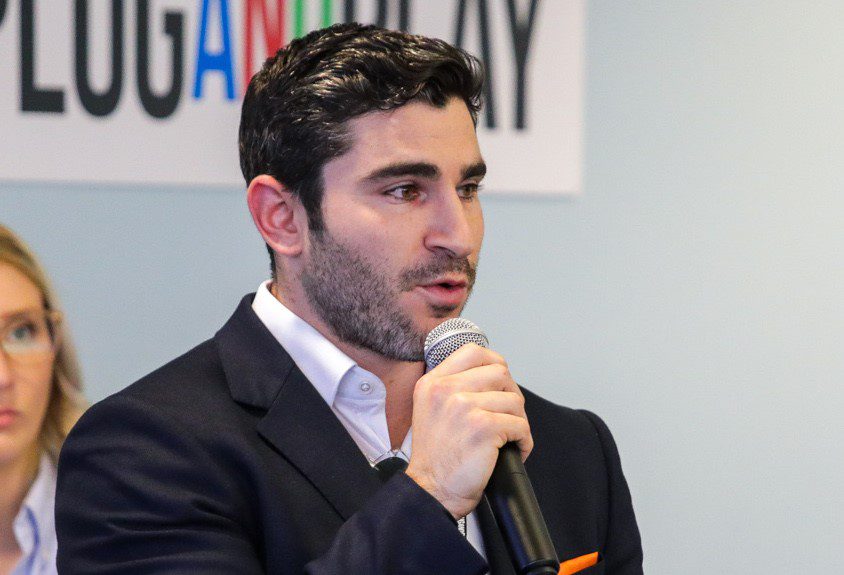HealthSnap, a Miami-based health-tech company that allows doctors to remotely monitor critical aspects of their patients’ health, such as blood pressure, announced this week that it closed on a $4 million funding round. The round was co-led by Florida Funders, which contributed $1.4 million, and two angel investors whose names were not disclosed.
This round brings HealthSnap’s seed funding to-date to $6.5 million, and the startup hopes to raise a Series A round later this year.
“With chronic diseases being among the most prevalent and costly health conditions in the United States, HealthSnap’s platform is giving healthcare providers the ability to better manage their high-risk chronic patients at home, while also empowering patients to keep track of their health,” said Tom Wallace, managing partner at Florida Funders.
HealthSnap is currently focused on the Medicare population and specifically those with hypertension, obesity, diabetes and heart failure. The new funding will be used to also cover patient populations with COPD and asthma, as well as to offer more support to their enterprise clients across the country, which they could not make public at this time, though they are significant and household names.
“HealthSnap is actually prescribed like a medicine is prescribed. So, if I were prescribed [HealthSnap] for high blood pressure, I’d get a cellular-enabled blood pressure cuff, which eliminates the need for a smartphone or a computer, and my doctor would get the information automatically, every time I took my blood pressure,” said Samson Magid, the company’s CEO and co-founder (pictured above). While the company has a free app on the iOS store, which is optional, Magid emphasized that this low-tech patient-facing approach allows them to help under-served communities as well as those who are not well-versed in technology.
Magid replaced Yenvy Trong as CEO in August 2020. HealthSnap employs 18 people full-time as well as 12 contractors.
Chronic disease has been a growing-problem around the world as populations spend more time on electronic devices, work often has no “end-time,” people spend less time exercising, and our foods have more and more ingredients in them, many of which are preservatives or tasting agents which serve as culprits for chronic disease.
“For a decade, my grandfather was in and out of the hospital because of chronic illnesses associated with heart disease, obesity, and type-2 diabetes,” Magid said, citing that the U.S. healthcare system is rarely focused on prevention, but rather on emergencies, which isn’t good for the patient’s health, or for the health systems’ bottom lines. If HealthSnap can lower the number of ER visits, the startup can be doing good by both accounts, he said.
Like many other health companies, COVID-19 helped propel the company’s growth, as Medicare and Medicare Advantage now reimburses health systems $160/patient/month for the use of HealthSnap, leading to faster adoption of the product by physicians and health systems. A worldwide problem during COVID-19 is that many people, especially at-risk populations, are foregoing regular doctor appointments because they are afraid of being exposed while at the office, leading to a build-up and worsening of chronic conditions.
HealthSnap currently has about 10,000 physicians using the products.
In terms of patient feedback, Magid said, “The two words we’ve heard most are ‘safety,” and “in the comfort of our home.”’
HealthSnap raises $4M on mission to ensure chronically ill patients can be remotely monitored by their doctors

Latest posts by Marcella McCarthy (see all)



